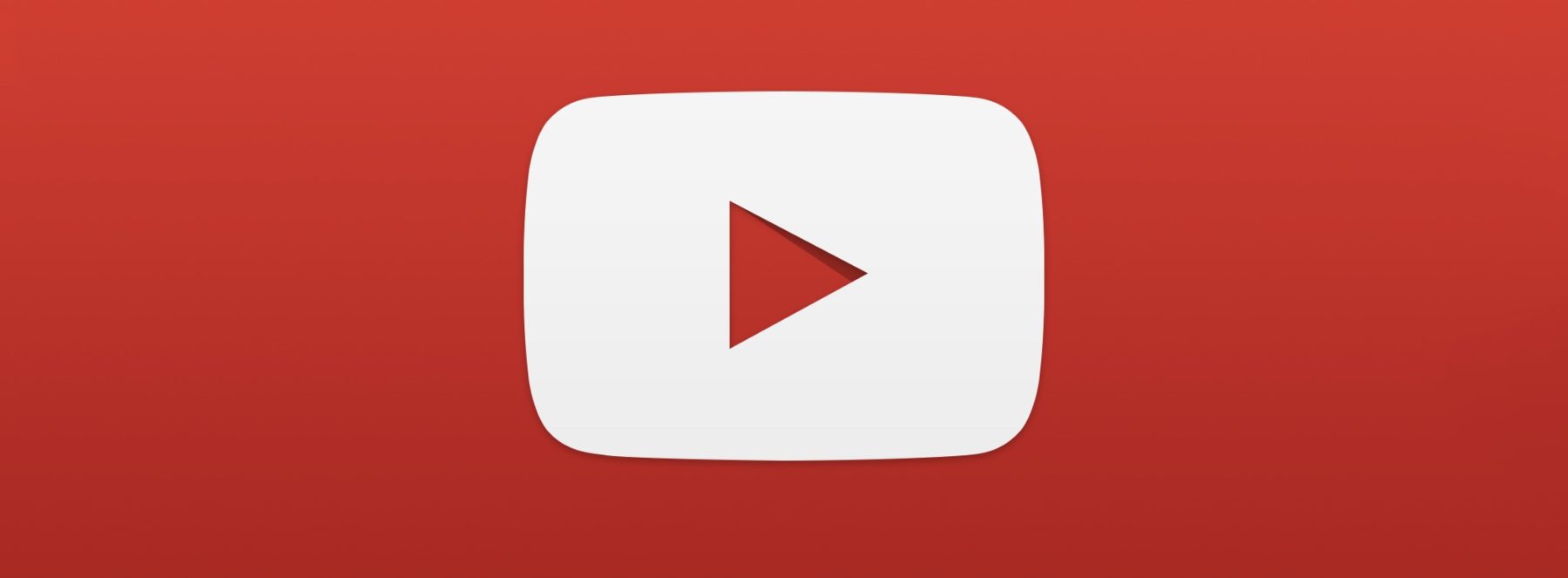YouTube: the good, the bad and the ugly
Recently, a ten-year-old boy told me that he wants to be a YouTuber when he grows up. Ten years ago, when I was his age, this sort of aspiration would have been far less likely. At the time, the word ‘YouTuber’ probably didn’t exist at all.
YouTube was launched in 2005, but it was in 2009 that it began to gain more recognition, according to Business Insider. Since then it has continued to grow, with more than one billion users today, watching a billion hours of videos daily. Some of the most influential young people in the UK are now YouTubers, who make a living from the videos and ‘vlogs’ they share online. Due to the platform’s accessibility, watching videos on Youtube has become a popular hobby among younger generations, and those who share their content on it may find themselves acquiring the status of role models. Like anything else, this has some glorious advantages, but it also has the potential to go wrong.
YouTube offers an unconventional path to success.
The biggest advantage of growing up within the influence of YouTubers is that it can empower and inspire you. According to Business Insider UK, some of the most influential YouTube channels in the UK last year were based on lifestyle, comedy and gaming. For young people with a passion or talent for these avenues, avenues which aren’t often encouraged in a school environment, this can be incredibly heartening. YouTube offers an unconventional path to success; people with a multitude of interests have found their career paths opening up through the platform. Moreover, allegations of laziness are unfounded—YouTubers must develop an impressive degree of self-discipline in order to regularly produce content that will please their viewers. For some as young as 13, YouTube can become a demanding part-time job that requires time management and organisational skills.
YouTube also does not discriminate. People will all kinds of backgrounds have the ability to speak out, and there are countless positive voices on the platform, growing their reach by the day and empowering their viewers. YouTubers such as Dodie Clark, Jamie Raines, Carrie Fletcher and Jack Howard have shared messages of positivity and empowerment, and have defied taboos by speaking up on a range of issues from mental health to sexuality. Lucy Moon, for example, a 22-year-old Youtuber based in London, recently shared a video recounting her problems with alcoholism and how she hopes to deal with them; while her friend Hannah Witton often discusses issues of sexuality that are omitted from sex education in schools.
YouTubers speak candidly with their audience as well as interacting with them through an open comments section.
Furthermore, YouTubers generally speak candidly with their audience as well as interacting with them through an open comments section. Stuart Dredge argues in The Guardian that YouTubers’ “ordinariness” is a part of their appeal, whilst Andrew Arnold from Forbes praises their openness and approachability as traits that make YouTubers more influential than celebrities. Indeed, because YouTubers are able to build more personal links with their fanbase, viewers may feel like they have a closer tie with their role models, and thus better prepared to emulate them.
That being said, this ostensibly intimate relationship can have a dark underside. Because YouTube is open to everyone, younger viewers are in danger of encountering harmful opinions and attaching themselves to the proponents of these opinions. It is also easy to forget that what is presented to viewers is a carefully crafted and edited version of people’s lives, even if it gives the impression of effortless perfection. Young viewers are at the risk of idealising such individuals and their lives and feeling worthless in comparison. For some, especially those unhappy with their own lives, YouTube becomes a form of escapism, and may prevent them from addressing the problems in their own lives. For each famous Youtuber, there are a multitude of fan accounts across all social media devoted to keeping up-to-date on everything about their lives.
A few years ago, sexual harassment allegations were made against several YouTubers.
There is another danger in idealisation: that the personality in question will abuse their power and influence. A few years ago, sexual harassment allegations were made against several YouTubers. Many viewers came forward to say that they were taken advantage of by people they looked up to, showing photographic evidence of online conversations.YouTubers were cruelly taking advantage of their young fanbases.
These are only some of the risks of having YouTubers as influencers. Nonetheless, the benefits can outweigh the disadvantages. As long as viewers do not forget that YouTubers are above all just like them — people who have been successful at chasing their dreams, but are still human and capable of doing wrong and making mistakes — YouTube and its new stream of vloggers can be a powerful source of inspiration and change, and looking up to them cannot be a bad thing.

Comments (1)